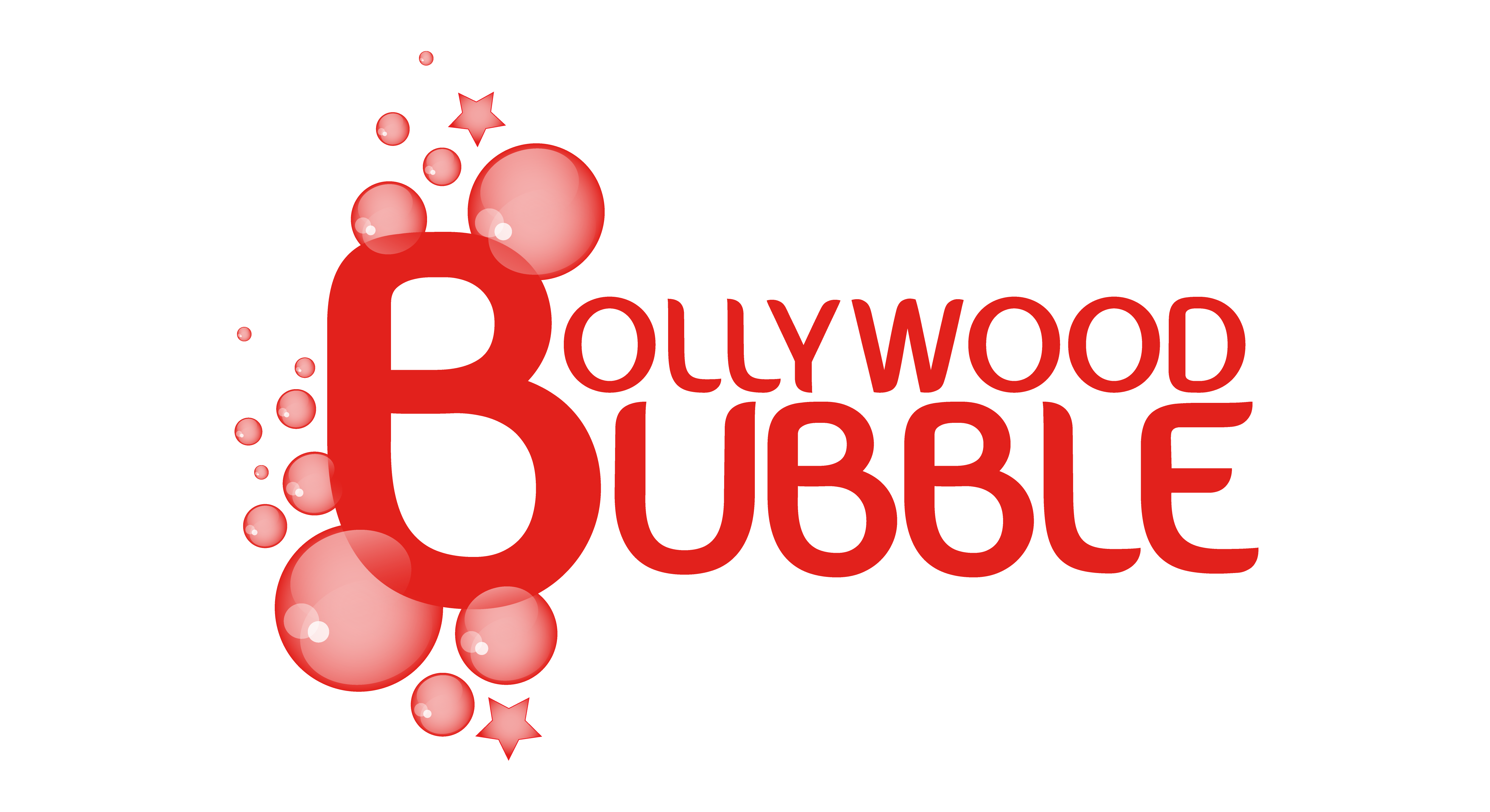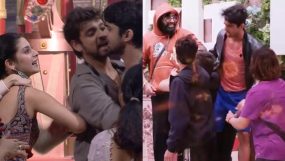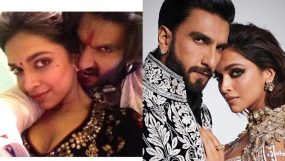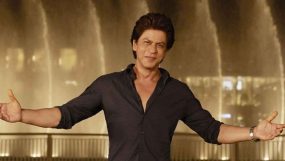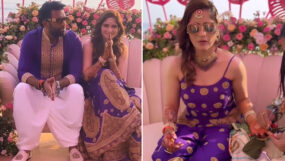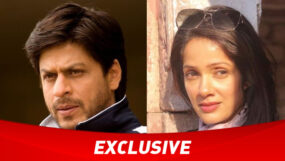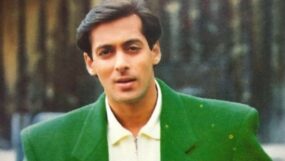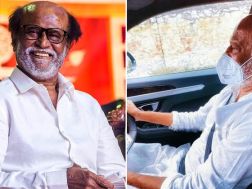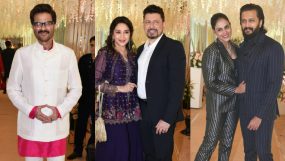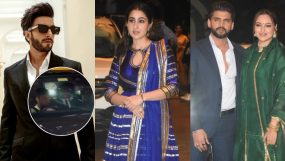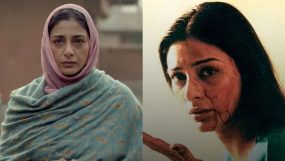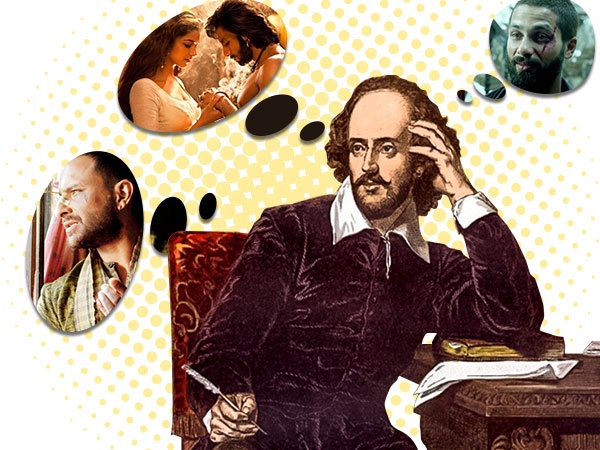
Bollywood is a film industry that runs high on emotions and music, and the fabric of storytelling takes a backseat, many a times. This does not mean that we do not have scripts that are abounding with surprises, but we have to admit, the magic that works on the box office, is seldom comprising of the screenplay.
But, there are exceptions too. Amongst a galore of filmmakers that we have, there are a few who dare to think beyond the stereotype, and when they run out of ideas, literature comes to their rescue. A fine story is just what they need to create magic on the canvas of celluloid. From Shakespearean tragedies and comedies, to Jane Austen’s charisma, to Sarat Chandra Chattopadhyay’s subtle innuendos of romance weaved into the beauty of Bengal, Bollywood has had many liaisons with literature.
Fair warning ahead: No, we are not including Chetan Bhagat here.
In popular culture, when we speak of the most popular and expertly adapted literary works, we have to talk about the Shakespearean trinity of Macbeth, Othello, and Hamlet, adapted by prominent filmmaker Vishal Bhardwaj, who went on to create ‘Maqbool’, ‘Omkara’, and ‘Haider’, respectively. The nuances of the plot were delicately weaved into the screenplay which was brought from contemporary Shakespearean world to the world of today, and Bhardwaj received love and praise of critics and audience alike, for the same. Not everyone has the flair of embracing literature so close to cinema, that too a masala Bollywood genre, but Bhardwaj delivered it and how.
Another name that crops up in our mind is that of Sarat Chandra Chattopadyay, the literary genius of Bengal, whose ‘Devdas’ is imprinted on the minds of generations, even though it is because of two different filmmakers of two different eras. While Dilip Kumar made the character of Devdas immortal with the pain he showcased on screen, decades later Shah Rukh Khan recreated the magic carved by Sanjay Leela Bhansali. However, the literary critics still consider the older ‘Devdas’ of Bimal Roy closer to the classic, as Bhansali’s was a tad too glamorised, as opposed to the simple world created by Sarat da. Sarat da’s ‘Parineeta’ was also adapted by two different filmmakers, decades apart, and whether you consider the Meena Kumari-Ashok Kumar one, or Vidya Balan-Saif Ali Khan one, both are beautiful odes to the writer with celluloid versions that bring Bengal alive.
The Shakespearean tragedy ‘Romeo & Juliet’ has been made and remade almost to the point of abuse, with some of the adaptations being downright ridiculous. Two lovers, families against their match, who embrace death, the same old logic has been recreated using so many backdrops that even Shakespeare may be rolling in his grave, asking to stop. While some adaptations like ‘Ek Duuje Ke Liye’, ‘Qayamat Se Qayamat Tak’, ‘Ishaqzaade’, have been memorable enough, the ones like Sanjay Leela Bhansali’s ‘Goliyon Ki Ras Leela – Ram Leela’ have been forgettable, and Manish Tiwary’s ‘Issaq’ was downright obnoxious.
Another example that crops up when we discuss literature and its flings with Bollywood, is ‘Aisha’, which was loosely based on Jane Austen’s ‘Emma’. Though the movie does not find many takers, we would still say that Rajshree Ojha had captured the vein of the plot quite firmly, and presented us an annoying Aisha in the form of Sonam Kapoor, much like Jane’s heroine Emma, who is not liked by many. Not to forget Abhay Deol was amazing as the desi George Knightley, aka Arjun Burman. It may not have been everyone’s cup of tea, but was not bad as an attempt to adapt a classic of the bygone century into contemporary Indian times. Anurag Basu’s ‘Fitoor’ too was a decent attempt at Charles Dickens’ ‘Great Expectations’, although the leads could have performed better. The crew had breathed life into the canvas that Kashmir was, and the whole cinematography was breath-taking. A few plot pointers could have been better, along with Aditya Roy Kapur and Katrina Kaif’s performances as Pip and Estella respectively. Not to forget the ending, which turned out to be a typical Bollywood saga, rather than a Dickens’ work. Nevertheless, the movie deserves at least one watch, if one is a lover of literature.
Moving on, Vikramaditya Motwane’s ‘Lootera’ was a beautiful love story spun out of O Henry’s ‘The Last Leaf’, an innovative take on a story which was just a page long. Still, it tugged at hearts, and is one of the most beautiful literary liaisons in Bollywood, that one has seen. If we talk about short stories and their cinematic adaptations, one has to take into consideration ‘Saawariya’, the blue-hued debut of Ranbir Kapoor and Sonam Kapoor, which was the poetic adaptation of the short story ‘White Nights’ by Fyodor Dostoevsky, crafted by Sanjay Leela Bhansali. The movie bombed, one of the major reasons being that the sheer theatre-like presentation and cinematography could not be digested and understood by the masses who were used to commercial ventures.
I can go on and on about this and paint the perfections that were bestowed on us by Bollywood filmmakers who made literature their muse. Be it Waheeda Rehman and Dev Anand’s epic portrayal in RK Narayan’s beautiful story ‘The Guide’, or Ruskin Bond’s spine-tingling ‘Susannah’s Seven Husbands’ that gave us ‘7 Khoon Maaf’, or even Amrita Pritam’s ‘Pinjar’ which made our insides screech at the plight of women who suffered during partition, Bollywood has given literature its due. We hope that it continues, not the destruction of words of master class, but a beautiful version on celluloid that soothes the soul.
Grammar Nazi, word weaver, dreamer, bibliophile, technophile, caffeine addict, foodie, shuttling shopaholic! Mash it in a Bollywood recipe and voila! Pushpa, you’ve got her!
